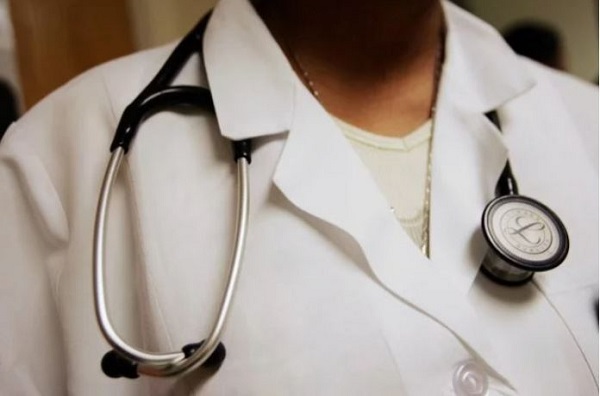
Achieving universal health coverage crucial
Ghana joined the rest of the world to observe International Universal Health Coverage (UHC) Day on Monday, December 12. The day aims at raising awareness of the need for strong and resilient health systems and universal health coverage with multi-stakeholder partners.
Universal Health Coverage has been defined as: “For all people to have access to the full range of quality health services they need, when and where they need them, without financial hardship.” It covers the full continuum of essential health services, from health promotion to prevention, treatment, rehabilitation and palliative care. This year’s theme is: “Build the world we want: A healthy future for all.”
Indeed, the health of all people in the world – poor or young, rich or poor — is so important that nobody should be denied access to health because of who they are.
It is in recognition of this important reason that the United Nations has made access to quality health care a right. UHC has also been included in the Sustainable Development Goals (SDGs) as target 3.8, with two indicators for service coverage and for financial protection.
For health systems to work, they must work for everyone – no matter who they are, where they live, or how much money they have. Equitable health coverage puts women, children, adolescents and the most vulnerable first because they face the most significant barriers to essential care.
Unfortunately, however, though access to health is a right, some have been denied this basic right because of financial hardships, unavailability of health facilities or lack of qualified personnel, infrastructure and medications where the facilities are available.
Many are those who have been turned away from health facilities in the world and in Ghana, especially, because of their inability to pay for healthcare services while many others, who for lack of health facilities in their communities, are unable to access health care.
The Daily Graphic believes that it is some of these stories that make the celebration of the day very relevant. According to the WHO, half of the people in the world do not receive the health services they need. The WHO estimates that about 100 million people are pushed into extreme poverty each year because of out-of-pocket spending on health.
Ghana’s pluralistic health sector is structured in a decentralised manner and has been designed through a pro-poor lens. The health delivery system is decentralised and is organised on a three-tier level: primary, secondary and tertiary, corresponding to district, regional and teaching hospital levels.
These structural arrangements provide the country with the opportunity to tailor its interventions along these lines and to further connect them in a manner in which service delivery and other activities of the health system are seamlessly connected.
Unfortunately, in spite of these arrangements, there are still weaknesses in the operationalisation of service delivery, infrastructure development, human resources distribution and utilisation of referral processes.
It is for this reason that the country has invested more in primary healthcare programming, which is the bedrock of the health system in the country through CHPS Compound and the National Health Insurance Scheme to bridge access and inequity gaps over the years.
Ghana has also undergone several health sector reforms aimed at improving health outcomes and these include the current National Health Policy 2019 and the NHIS which was introduced to minimise the impact of catastrophic expenditure particularly for the poor and vulnerable.
While commending the government for putting in measures to ensure the provision of universal health care, it is the opinion of the Daily Graphic that more need to be done for all in the country regardless of their location or financial status, to enjoy access to quality health. In this vein, the ‘no bed’ syndrome in the country, especially major hospitals in the country should cease; patients should not be turned away because they cannot pay for health services, people should not die or have their health worsened because of the unavailability of a doctor, a health facility or a drug where they live.
The Daily Graphic believes that if Ghana really wants to achieve universal health coverage and to a large extent the SDGs, addressing these loopholes in the health service delivery is very critical.
